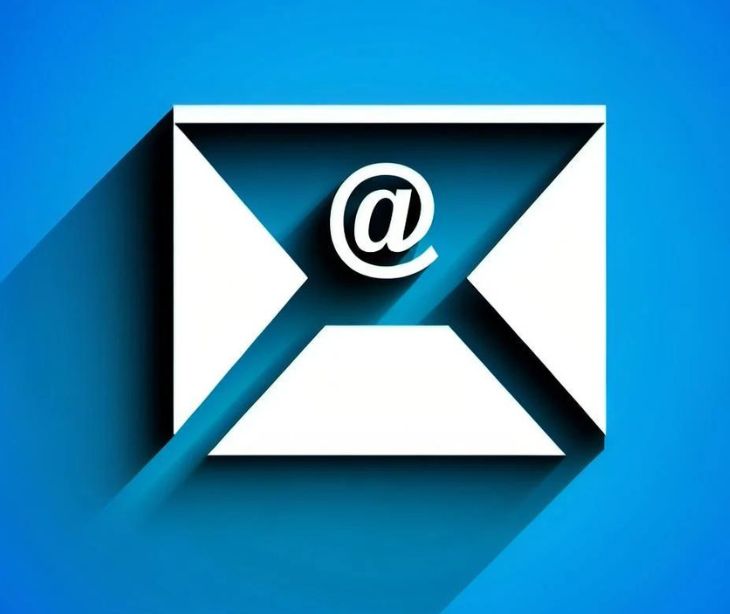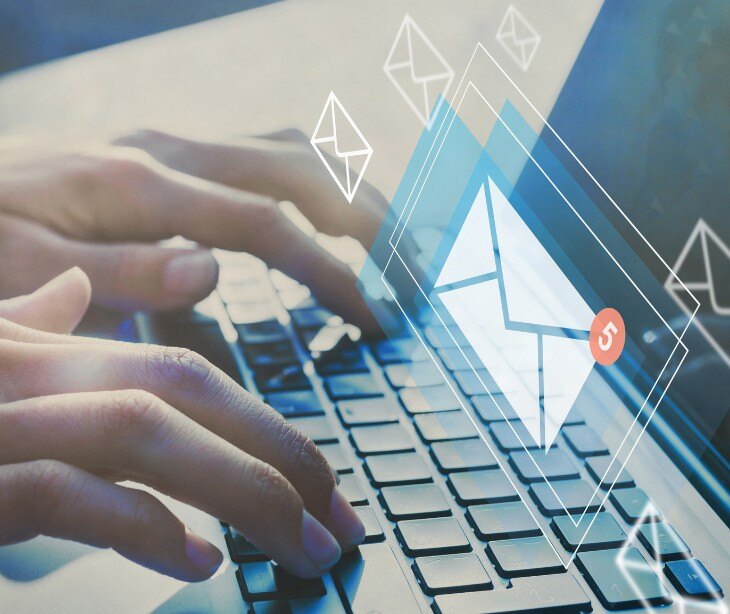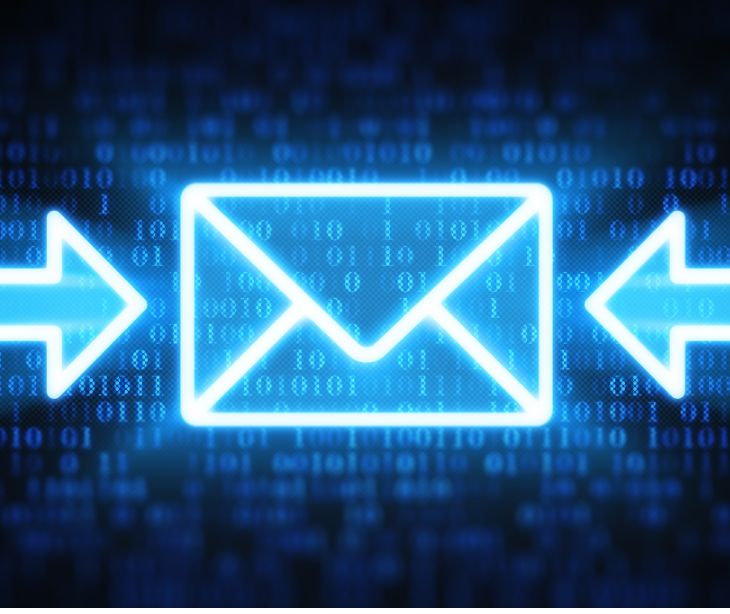
A 2010 study revealed that 65% of mental health treatment programs benefitted from monitoring trials. HIPAA compliant email is an effective and secure way to share these reports that contain sensitive patient information.
Understanding the recovery progess reports
A recent study provided the following insight into the core of the recovery process: “The participants described the recovery process as a process based on three pillars; the attitude towards recovery, hardship, and the effort required throughout the process. Regarding the stages of recovery, for the participants in the first stage of the process (Moratorium), the search for hope was the most important element. In the second stage (Awareness), the reestablishment of their identity, through the acceptance of the consequences derived from the mental health problem, together with being able to feel full and fulfilled, were the most outstanding elements. In the third stage (Preparation), participants highlighted the search for meaning in life…”
In addiction recovery, a recovery process report is a detailed account that tracks an individual's journey through treatment and beyond, highlighting the steps taken towards sobriety, the challenges faced, and the progress made. This type of report might include personal reflections, therapy outcomes, milestones achieved, and plans for maintaining sobriety.
The idea of documenting the recovery process in such a structured way doesn't trace back to a single source or organization. Instead, it has emerged organically within the fields of mental health and addiction treatment as professionals and support groups recognized the value of monitoring and reflecting on the recovery journey.
Can recovery progress reports be shared with relatives?
Yes, recovery progress reports can be shared with relatives, but this usually depends on the individual's consent in recovery. In a lot of cases, especially within addiction recovery or mental health treatment programs, the sharing of progress reports with family members can be a crucial part of the support process. However, the privacy and wishes of the person undergoing recovery must be respected. If they agree, these reports can offer valuable information to relatives about the recovery journey, challenges faced, progress made, and how they can provide support.
See also: When can a healthcare provider share drug dependency information?
How to use HIPAA compliant email to share recovery progress reports
- Use encrypted email services: Choose email services that offer encryption specifically designed for sensitive information.
- Dynamic content based on reader engagement: Implement email software that tracks which parts of the email recipients engage with, such as which links are clicked or how much time is spent on different sections. Use this data to tailor future emails, focusing more on the content that engages relatives most.
- Automated reminder system for confidentiality: Set up an automated reminder to be included at the top or bottom of every email, reminding recipients of the sensitive nature of the content and their responsibility to keep it confidential. This could be a short, standardized message that reiterates the importance of privacy.
- Interactive progress timelines: Incorporate interactive timelines in the email content, showing key milestones in the recovery process. Use tools that allow recipients to click on timeline events to read more about specific achievements or challenges, providing a more engaging way to understand progress.
- Feedback forms embedded in emails: Include embedded feedback forms within the email, allowing relatives to easily submit their thoughts, questions, or words of encouragement without needing to exit the email. Make sure these forms are secure and that the information submitted through them is treated with confidentiality.
- Personalized video messages: If the individual in recovery is comfortable, include short, personalized video messages within the email. These can be hosted on a secure platform with access controlled through the email, adding a personal touch to the updates and making the progress feel more real and immediate to relatives.
- Scheduled webinars or Q&A sessions: Use emails to invite relatives to scheduled webinars or live Q&A sessions with professionals involved in the recovery process. This can provide a forum for relatives to learn more, ask questions, and engage in a supportive community.
See also: Top 12 HIPAA compliant email services
FAQs
What should I do if a recipient accidentally forwards a confidential recovery progress report to someone not authorized to see it?
Establish a protocol for such incidents, including contacting the individual who forwarded the email to request deletion and reaching out to any unintended recipients to explain the error and ask for their cooperation in deleting the information.
Can I automate the sending of recovery progress reports via email?
Yes, email automation tools can schedule and send recovery progress reports at predetermined intervals. However, ensure that personalized elements are reviewed and that confidentiality is maintained in each automated message.
How frequently should recovery progress reports be emailed to relatives or stakeholders?
The frequency should be based on the agreement with the individual in recovery and their relatives, considering the phase of recovery and the need for updates. It could range from weekly to monthly, depending on what's most supportive and reasonable.
Subscribe to Paubox Weekly
Every Friday we bring you the most important news from Paubox. Our aim is to make you smarter, faster.




